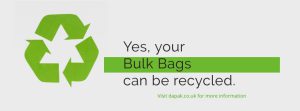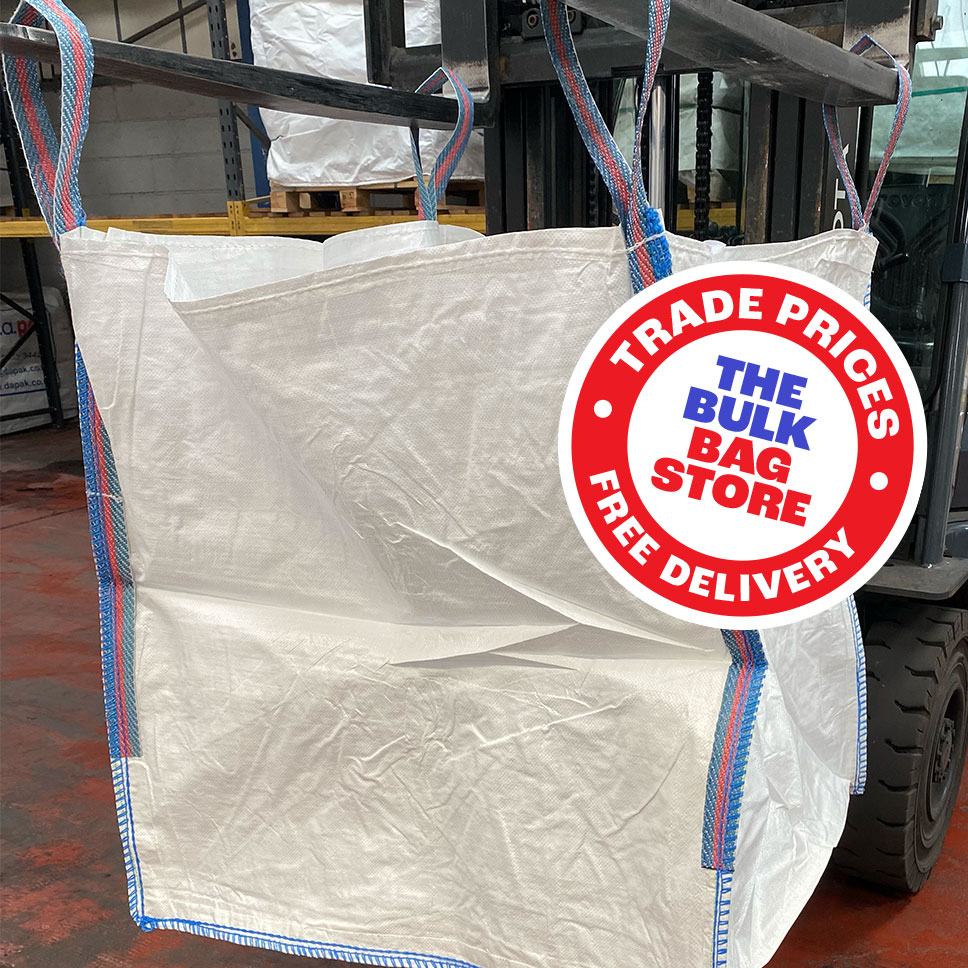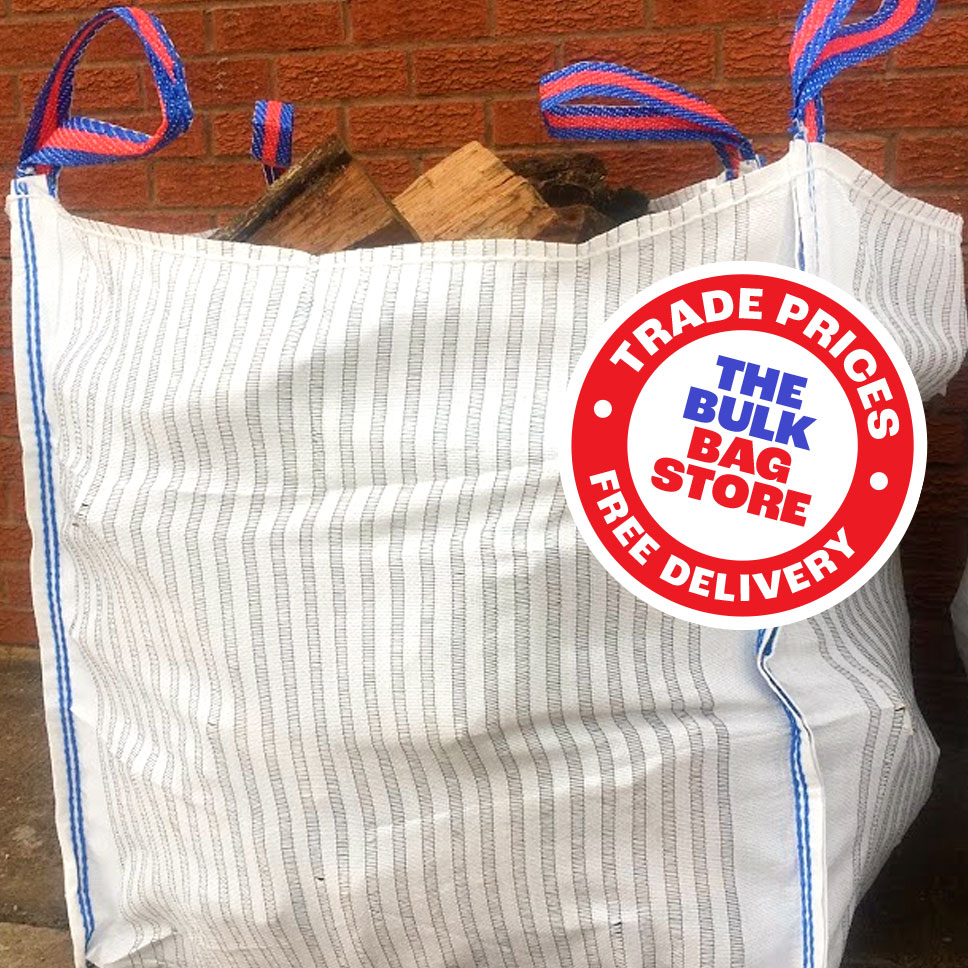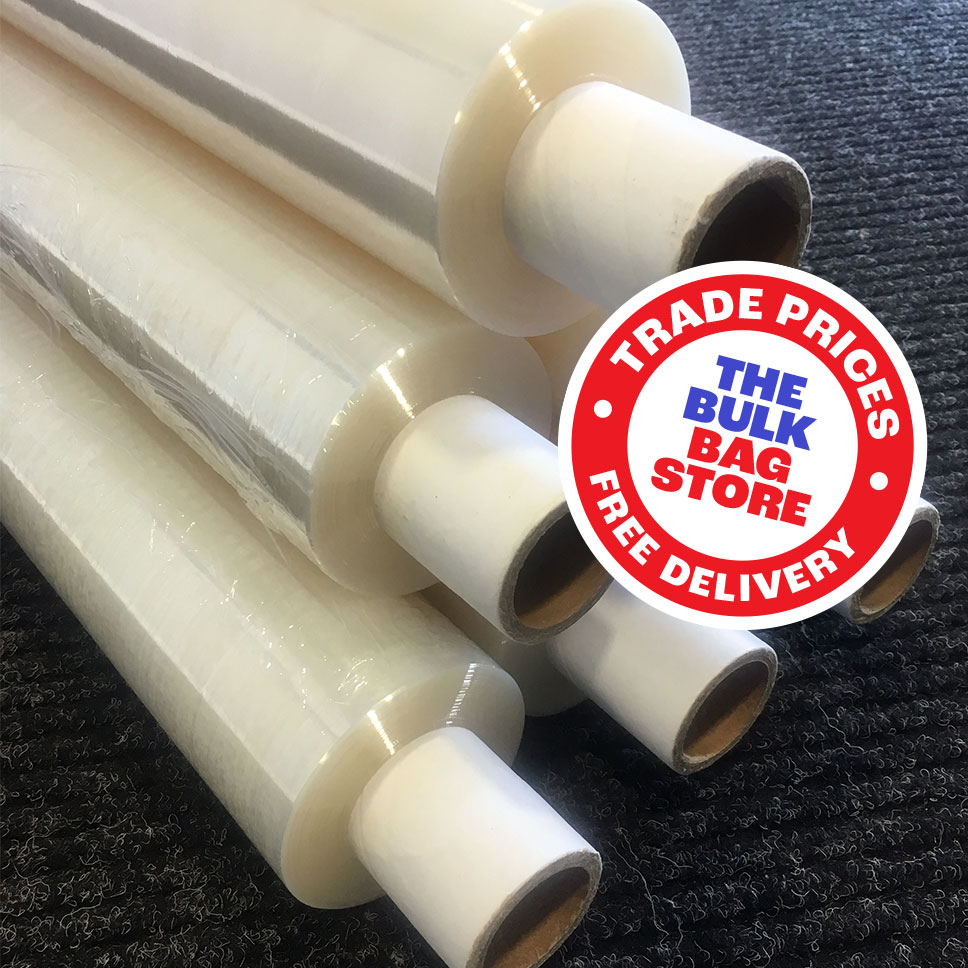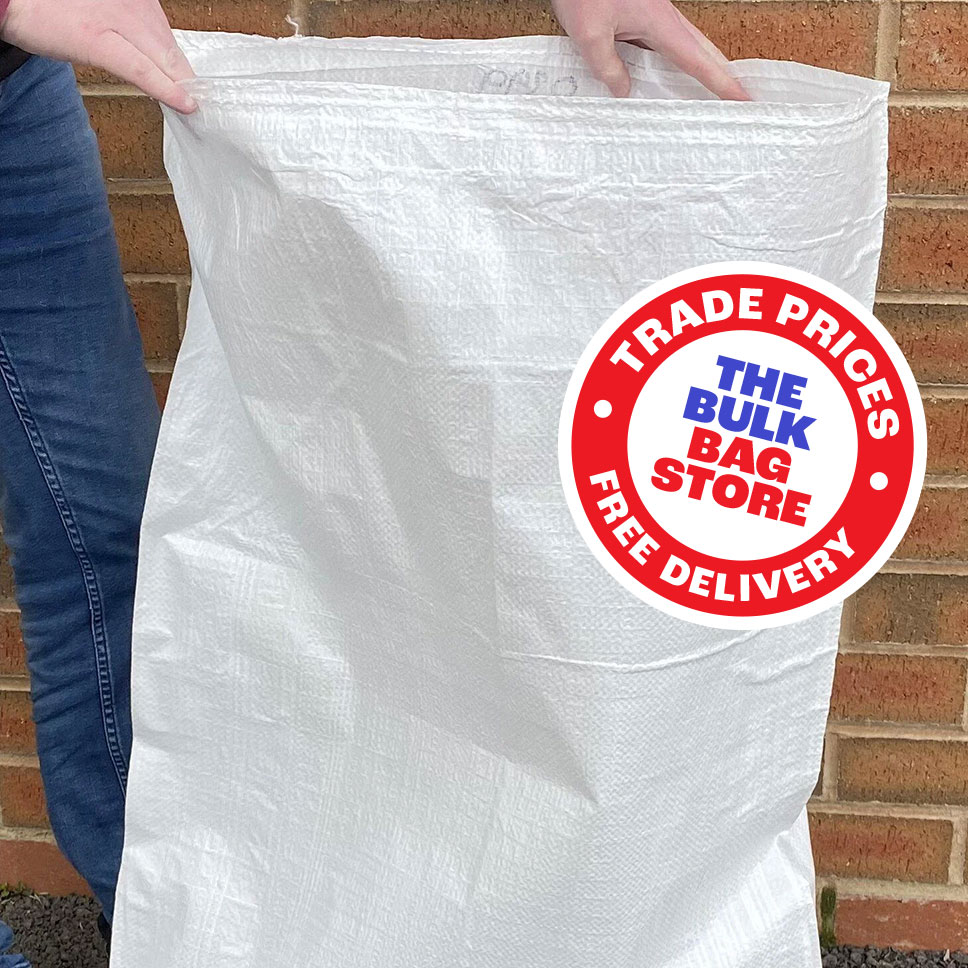How plant managers can select the right type of industrial packaging for their products
As a plant manager, the task of selecting the right type of industrial packaging for your products can be a fine balancing act. You need to ensure that products are packed safely and according to any relevant legislation but you also need to keep your eye on costs.
So, what types of industrial packaging are there to choose from? In general, packaging falls into two distinct categories, pre-formed or form and fill. With form and fill the packaging itself becomes the container and with pre-formed the product is being put directly into a premade container.
There are a number of things a plant manager needs to understand before they start purchasing packaging and the equipment that will transfer the product into the packaging.
Firstly, what are the characteristics of the product you are packing and how well will it flow? This will help you to determine the type of equipment you need. Secondly, what are your key priorities? Do you have a margin of leeway with wastage or does the process need to be precise? This will help you understand the rate at which you will be able to successfully feed products through your systems and into containers. Thirdly, how do you intend to capture the weight of the products in each container? Net-weight and gross-weight systems each have their own advantages depending on the products you’re packaging and the objectives you’re trying to achieve.
Once your packaging system has been determined you can then consider which containers and bags will be most suitable. Consideration will, of course, need to be given here to the types of materials you’re packaging, in particular for volume food and beverages or hazardous materials.
If you’re in the volume food and beverage business, you may only want to consider packaging that has been manufactured in a clean room environment. You should ensure that bags and containers are of food grade quality and that there is full traceability throughout the manufacturing process, so that should a problem arise, it can be tracked back. You should also consider whether your supplier has appropriate certification to demonstrate its credentials.
Hazardous materials can be very dangerous to transport and they fall into a number of different categories, such as explosives, flammable liquids and infectious substances. Packaging for these types of materials must be UN-certified and you should check that your supplier understands these standards. UN Certified Packaging has a pre-set standard of markers which quickly and easily identify the type of materials being transported, so that in the event of an emergency, the response can be the right one.
In summary, a plant manager needs to understand the key characteristics of their products before selecting industrial packaging and look for a supplier who can offer the right packaging at a competitive price, while also being able to demonstrate that they have the right certification. If plant and machinery is already in situ, some of this, such as size of containers, may be pre-determined by the incumbent equipment available.

